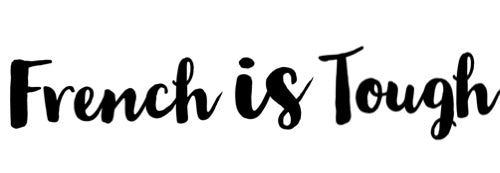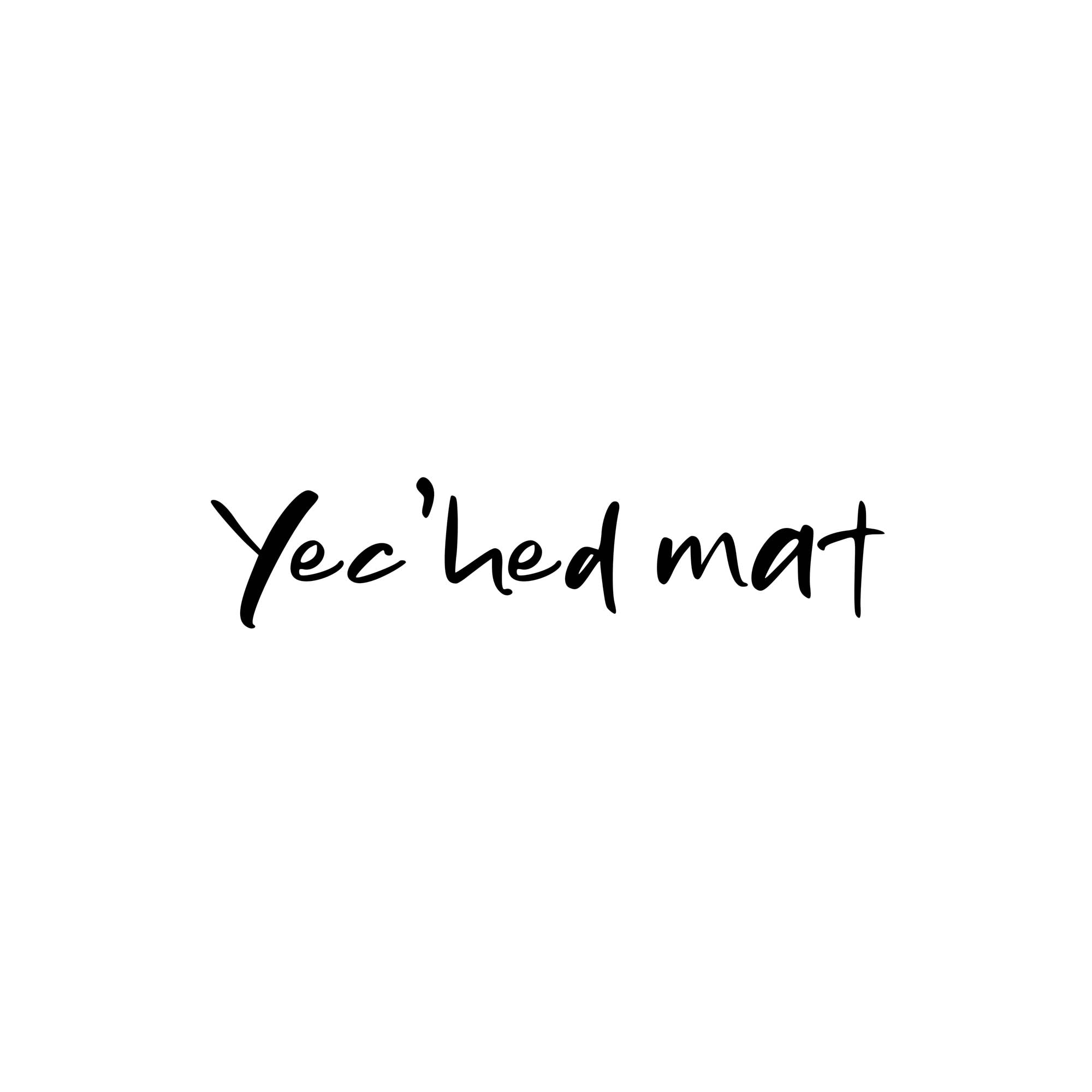Origin of the expression "Être chocolat"

The expression "être chocolat" is one of those French idiomatic phrases that surprise with their originality and history. Used to describe a situation where someone is being had, this expression has a rich and fascinating origin, anchored in several historical and cultural contexts.
An Expression with Multiple Origins
The game of bonneteau, a clandestine gambling game popular in the 19th century, is often cited as one of the origins of the term. The principle of bonneteau is simple: a player must guess which cup a marble or card is under after the operator has quickly shuffled them. However, the game is rigged, and the operator often works with an accomplice, called the "chocolate," whose role is to attract the other players by pretending to win. Thus, when someone lost at this game, they were called "chocolate," synonymous with duped.
And without further ado, discover our original “être chocolat” mug !
This explanation highlights the misleading aspect of the expression, reminding us that the one who becomes "chocolate" is often the naive victim of a well-orchestrated scam. The connection with chocolate, a sweet and often appreciated food, could also suggest irony: something sweet and pleasant in appearance, but bitter in its consequences.
The World of the Circus: A Scene of Disappointment
Another setting where the expression originated is in the circus, more precisely thanks to a clown duo that marked the history of Parisian entertainment: Foottit and Chocolat. In the 1890s, these two artists performed at the Nouveau Cirque de Paris. Chocolat, played by Rafael Padilla, a former Cuban slave, played the role of Auguste, the naive and unlucky clown, always the victim of the tricks of his partner, Foottit. Each sketch ended with Chocolat's emblematic phrase, who, after being fooled, declared with a desolate look: "I am chocolate!"
The success of this duo, although marked by a certain form of racism, reflected the prejudices of the colonial era. The character of Chocolat symbolized the individual who lets himself be fooled and becomes the target of laughter, a role that greatly contributed to anchoring the expression in everyday language. This popularity made "être chocolat" a synonym for being fooled, often in a public and humiliating manner.
Boxing and Shock
Another possible origin of the expression is found in the world of boxing. The word "chocolate" could be a phonetic deformation of "shock" or "KO". Thus, "to be chocolate" would mean to be stunned, knocked down by a blow, reinforcing the idea of defeat or unpleasant surprise.
This interpretation, although less widespread, adds a physical dimension to the expression, suggesting a sudden and unexpected fall, a bit like when one is surprised by a hard blow.
An Expression Still Relevant
Today, "être chocolat" continues to be used in France, particularly to describe situations where one has been deceived in a sneaky way. Whether in business, in personal relationships, or even in board games, the expression finds its place in various contexts, always with this connotation of having been fooled.
The history of this expression shows how idioms can be rooted in particular social and cultural contexts, while evolving over time. "Être chocolat" has thus gone from being a jargon of show business and scams to a common expression, used by everyone, often with an amused smile at the naivety of the one being duped.
The Irony of Chocolate
Perhaps the irony of this expression lies in the very idea of chocolate. Sweet, comforting, chocolate is a treat that many enjoy. But when it comes to the expression “to be chocolate,” it’s a different story: we go from pleasure to disappointment. Like a box of chocolates that we don’t appreciate the surprise, to find ourselves “chocolate” means that we’ve been had, often in unexpected ways.
The expression “être chocolat” is thus a perfect example of the richness of the French language, where history, culture and humor come together to create idioms that span the ages and continue to resonate with everyday human experience.



